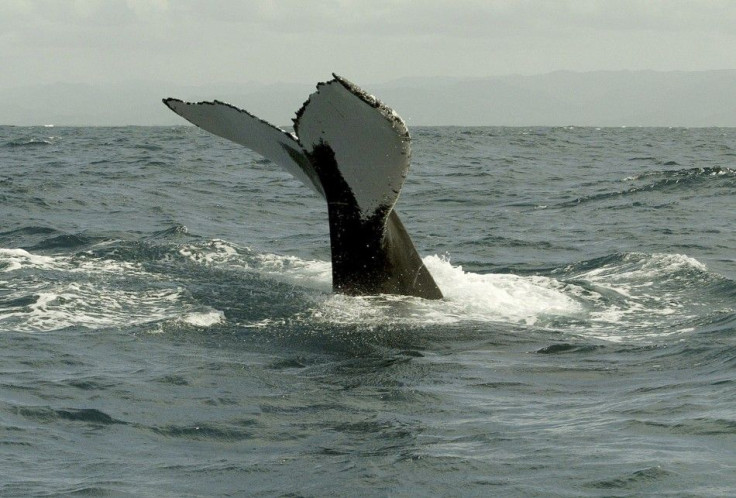Staggering Numbers of Whales’ Remains Discovered in Desert: Scientists Baffled by Find

Researchers in Chile's Atacama Desert have found what is believed to be a most unusual discovery. They are baffled by the presence of a number of skeletons of prehistoric whales, in what is, statistically, one of the driest regions in the world.
According to a report by Associated Press, scores of skeletons, believed to be more than 2 million years old, have been discovered in the sands, more than a kilometer from the country's Pacific coastline.
Researchers stumbled upon the hidden fossil bed in June last year, during a highway-widening project near Caldera, a port city in the Atacama region. Further investigations of the site revealed a total of 75 skeletons, of which 20 are believed to be intact; a reason, perhaps, why the Atacama has turned out to be one of the best-preserved graveyards of prehistoric whales in the world.
The real mystery, however, is just how so many whales managed to find themselves so far from the surf.
According to experts, the recently discovered Chilean fossils outnumber previous finds of prehistoric whales elsewhere in Peru and Egypt. Researchers think there are probably hundreds of whale fossils in the area, waiting to be uncovered.
The fossils included baleen whales, a sperm whale and a dolphin that had two tusks (now extinct), according to researchers from the Paleontological Museum of Caldera and the Washington-based Smithsonian Institution, who are studying the fossils together.
© Copyright IBTimes 2024. All rights reserved.




















